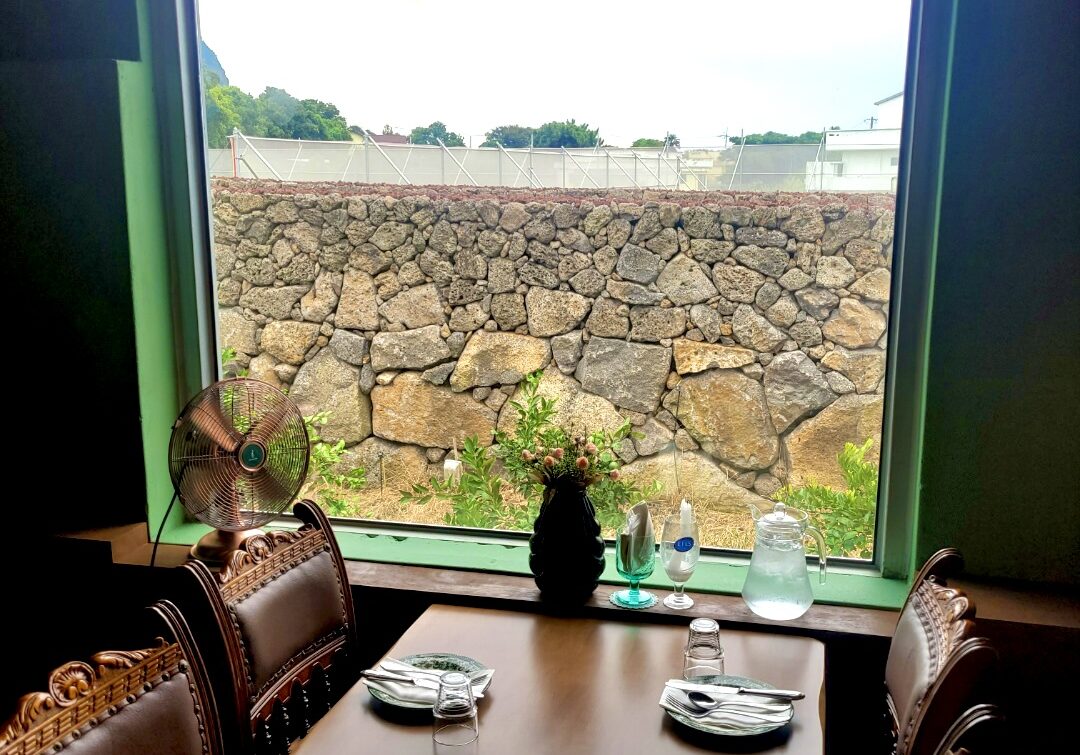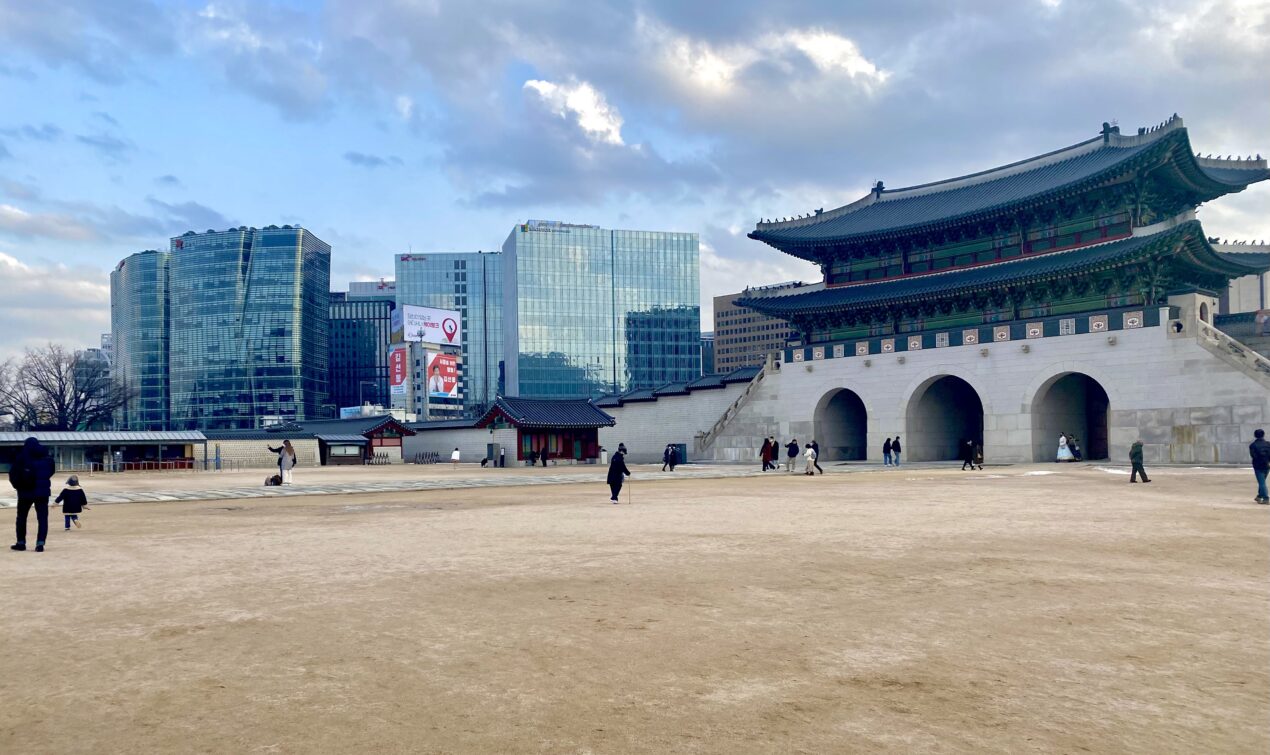I’m a non-drinking, no meat-eating, non-caffeine consuming, non-smoking, Cinderella. In Korea, four out of five of these things are often seen as essential for bonding and building meaningful connections.
Have you ever wondered just how much your society affects the way you view the world?
Have you questioned what aspects of your personality or mindset was molded from the society you lived in?
After moving to South Korea, I started to see how my individualistic upraising had shaped my perspective. Spending time trying to understand the way my Korean peers think and the reasons behind their actions helped me grasp how growing up in a collectivistic society influenced them.
I realized that the common perceptions of ‘individualism’ and ‘collectivism’ don’t always align with how a society actually functions.
In this post, I want to share my experience as an individualist foreigner in a collectivist society and highlight specific ways in which collectivism and individualism impact a society differently.
my perception
If I’m honest, I’ve never thought about how the society I lived in affected my personal view of the world. It wasn’t until I moved to South Korea and started interacting with natives, that I began to see how a society affects the way one sees themselves and the world around them.

Even though it wasn’t difficult to interact and get to know Koreans, fully comprehending their life and culture took some time. I may still be adjusting because I’m quite different from the typical Korean lifestyle.
For starters:
I’m a non-drinking, no meat-eating, non-caffeine consuming, non-smoking, Cinderella (early sleeper). In Korea, four out of five of these things are often seen as essential for bonding and building meaningful connections.
So, just how did I survive?
(Just in case you find yourself in the same predicament as me, I’ll go over the details of my journey and share some tips with you on how I maintained my identity and beliefs while living here in another post.)
Anyhoo, enough delay, on with the post!
definition:
Before I share my experience, I think it’s wise to share the literal definition of an individualistic and collectivistic society.
Individualistic society– the prioritization or emphasis of the individual over the entire group.
Collectivistic society – emphasizes the needs, wants, and goal of a group over the needs and desires of each individual.
Simply put, in an individualistic society, people are concerned with their own thoughts, goals, beliefs and identity and how it affects their life. In a collectivistic society, people think more about how their thoughts, goals, belief and identity, affects the people around them.
I think it’s an oversimplification to say individualism = selfishness and collectivism = caring. The fact is both of those attributes can be found in both societies.
So, what does it mean to be from an individualistic society versus a collectivisitic society?
a collectivist society
My Experiences:
1. Eating the same meals together
Let me start off by saying, I’m a vegetarian, and my experience with food in Korea differs significantly from someone who eats meat. But beyond dietary preferences, the overall style and eating habits here are quite distinct from what I was used to back home.



When I first came here, I tried to avoid eating out with people. It seemed easier for me to dine at home alone than to wander around looking for a restaurant that could accommodate my unique dietary habits.

However, in Korea, eating meals together is a way to bond and quite frankly up until a few years ago, it was rare to eat at restaurants alone. Here, eating food isn’t just a nutritious activity, but also a great way to create memories. It is common for people to eat at the same restaurant and order together so that they could share the food.
In this culture, eating together is so important that my Korean friends went out of their way to find more vegetarian friendly options for me just so we could eat together. Sweet, huh?
2. Trends
Korea is a trendy country by nature.
Trends affect everything in this country. If it’s popular, best believe you’re going to see it somewhere. But how does that affect a collectivist society?

Well, for one, options are more limited. In an individualistic society, trends exist but there is always a plethora of options to choose from. Everyone wants to feel like they have a unique identity, and this allows our country to have so many different choices.
However, in a collectivist society, people would rather blend in than stand out, so naturally the hottest options are offered in an abundance. Due to the lack of variety, there tends to be a similar style or look across the board.

croffle
In Korea specifically, it’s not uncommon to see people wearing the same or similar styles, driving the same types of popular cars, or find restaurants that specialize in the same kinds of food.
For example, when I first moved to Korea, macaroons were huge. Everywhere I went, I could find a shop selling the sweet little macaroon pastries. A year later, croffles hit the scene. As soon as croffles blew up, it became increasingly difficult to find a shop that just sold macaroons. They were there, but not as popular as croffles. And those lasted until another trend came and ended it.
Consequently, it is common to see a lot of business either shift their options to keep up with the trends or go out of business if they can’t match the trends. In a collectivist society, trends directly affect your life regardless of if you like it or not.
3. Living Style
When I was growing up, one of my biggest dreams was to live alone in my own place. I yearned for the freedom to do whatever I wanted whenever I wanted, and to establish my career before considering marriage.

This lifestyle was actively encouraged by my parents, especially my mother. She wanted all her children to explore the world independently before committing to a partner and starting a family. In her view, once you choose to share your life with someone, you are, ideally, never alone again. So, my mother strongly advocated for each of us to spread our wings, live on our own, see the world, and start pursuing our personal aspirations before settling down.
I believe that, in general, many American parents share this sentiment. Independence and the phase of unrestrained freedom are almost ingrained in our culture. In our minds, it’s part of what separates adulthood from childhood.
This sentiment isn’t common in Korean culture. Here, it isn’t uncommon for young adults to live with their parents until marriage– especially young women. For some, their first time living apart from their parents may be when they move to a new place with their spouse.
[In the past, it was common for parents, especially if they were affluent, to pay for their child’s wedding and first house.]
Of course, due to how expensive it is live now-a-days, it is becoming more and more difficult for parents to pay for these things and the responsibility is falling on the younger generation. Nevertheless, it’s not uncommon to find young adults living with their parents despite having a job.
conclusion
If I were to give an oversimplification of the meaning between individualistic society versus collectivistic society, it would be that a collectivistic society values “togetherness” over anything else whereas an individualistic society values “individuality” over anything else.
In a collectivist society, you are always in a team mindset, constantly aware of how your performance affects those around you. It is less likely that you will think just about yourself and what you want but will consider how your actions will affect your team and those around you. You have less opportunity to just do what you want to do just because you want to do it.
In an individualist society, you are in a more sole survivor mindset. It makes you consider your own actions and what you want to do because you are responsible for yourself. You can’t blame anyone else for your screwups and you must depend on yourself to survive. You have more opportunities to do whatever you want; you are the sole writer of your own novel.
I wouldn’t say one is better than the other. I think both are necessary to create a more balanced society.
NOTE: This post shares some common traits of the collectivist culture within Korea. Due to recent trends and globalization, it is becoming more common to find independent tendencies amongst the younger generation. This post generalizes aspects that were more common in the past but is slowly shifting as future trends are being adopted by the younger generation.


